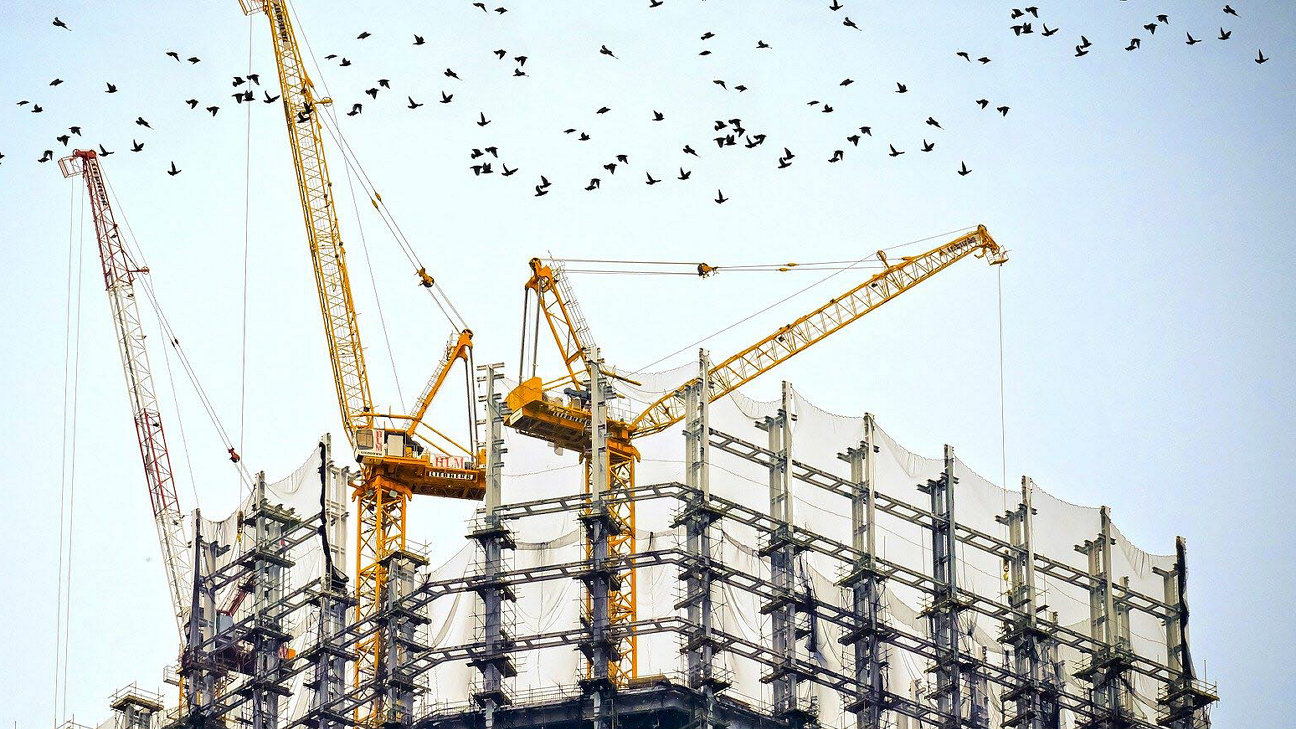Faced with fewer transactions and limited physical inspections, commercial valuers have had to find other sources to inform their judgement. As we continue our series on life after lockdown, we speak to professionals about the ‘most interesting time’ in their careers.
“Unprecedented”. It is a word that has been used so frequently to describe the Covid-19 pandemic that has become clichéd. That, however, does not mean it isn’t accurate. Across the world, people and businesses are dealing with circumstances they have never faced before. The world of property valuation is no different.
Since the start of the pandemic, both valuers and RICS have been working hard to ensure that valuations continue and are as accurate as possible. RICS has put out regular briefing notes and guidance and also set up its Material Valuation Uncertainty Leaders Forum, bringing together professionals from across the industry to share information and debate the most appropriate responses for individual sectors.
“Working with RICS, we’ve made sure that all the firms have got together to share market information and also to discuss what our investor clients are saying,” says Ollie Saunders MRICS, head of UK valuations and alternatives at JLL.
“We’ve been through the immediate aftermath of the global financial crisis and the fallout from the Brexit referendum, but this has been harder. We have a sector call every week where we share information and debate issues. It’s the right thing to do to be as transparent as possible.”
Uncertainty clauses remain
Although they are now once again able to visit properties, a major challenge throughout lockdown was the inability to physically inspect assets. “In the absence of inspections, we worked with clients, sometimes doing it by video tour,” says Charles Smith, international partner at Cushman & Wakefield. “So they would have an office manager or a security guard who would be on site and walk around a building taking photographs or better still with a video camera.”
Another part of the problem is that the number of transactions contracted rapidly as soon as lockdown was announced. Saunders says that there have been some commercial deals, which provide valuable data, but it was still necessary for firms to put in place material uncertainty clauses in valuations, indicating a lower level of certainty than would normally be the case. Clauses have now been removed for some property types, such as industrial and logistics, but remain in place for the majority.
Filling the information gap
In order to provide as much certainty as possible, valuers have cast their nets wider in terms of seeking out information that can inform their professional judgement. “It’s been the most challenging and interesting time in my professional career as a valuer,” says Saunders.
“As well as looking at directly observable market transactions, we’ve also been looking at other bits of information, including how debt markets are working. We’re looking at cost of capital, returns on equity, how the stock market has been responding. We’ve also been looking very carefully at covenants.”
The likely income associated with properties is another key metric, particularly when it comes to retail assets. “Before non-essential retail was given the all clear to open the stores, they were shut, and what valuers were looking at was the likelihood of rents being paid and obviously we had clear reference to rent collection statistics,” says Smith. “And then there were the negotiations many tenants were having with landlords around rent waivers, rent deferral and so on.”
What all of this means is that valuers’ professional judgement has become ever more important. “Valuation is probably 70-80% judgement and 20-30% fact,” says Smith. “You have known knowns, but everything after that is about judgement. Values are always adjusting. In an unprecedented set of circumstances, the valuer can add less weight to the evidence that was available immediately prior because the world changed in March. You are therefore using more judgement than before.”
















